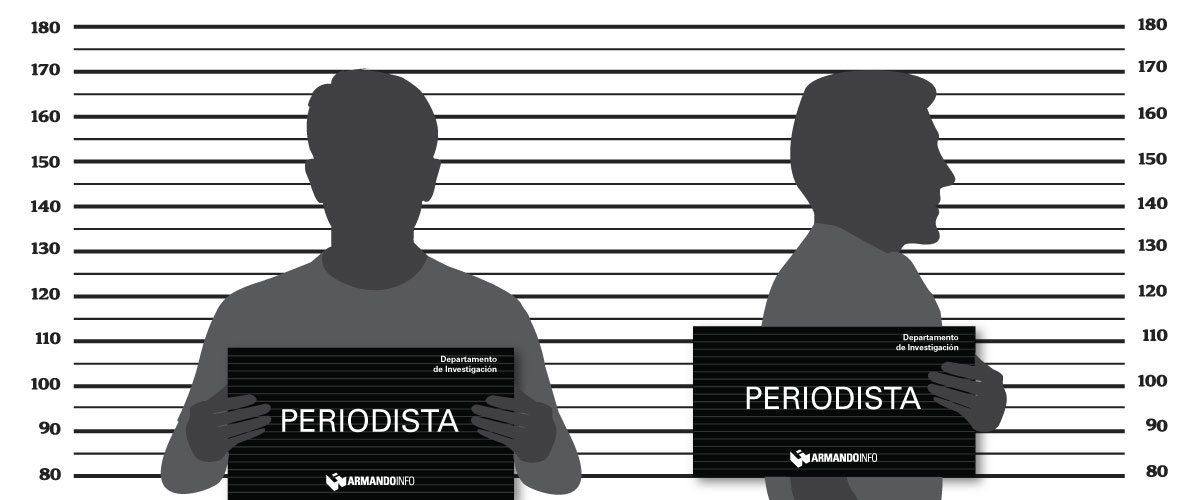
A study by Mexican authorities confirms what the palate of the Venezuelans quickly detected: There is something odd in the Mexican canned tuna that comes in the combos of the Local Supply and Production Committee (CLAP). At least three of the brands that the poorest homes have consumed in the country since March 2016, when the state plan was formalized, have high proportions of soy, a vegetable protein that although not harmful, it does not have the same taste and protein contribution of tuna. Behind the addition of soy there is an operation to reduce costs where all the intermediaries, handpicked by the Venezuelan Government to buy the goods, have participated.
Even though there are new brands, a new physical-chemical analysis requested by Armando.Info to UCV researchers shows that the milk powder currently distributed through the Venezuelan Government's food aid program, still has poor nutritional performance that jeopardizes the health of those who consume it. In the meantime, a mysterious supplier manages to monopolize the increasing imports and sales from Mexico to Venezuela.
Beyond the names of political figures and Government officials involved, the corruption plot deployed by the Brazilian construction company in Venezuela brought huge amounts of money in irregular payments into circulation. In Swiss banks, the transit of at least 235 million dollars was detected, mostly bribes linked to the Tocoma hydroelectric project, which after feeding the accounts of intermediaries reached their destination. For now, investigations determine that the capillarity through which the funds flowed led to art merchants, patriarchs of civil engineering dynasties, and even sports managers.
The judicial authorities of Switzerland found a connection between the wife and the mother-in-law of the former Venezuelan minister with at least 40 million dollars deposited in eight bank accounts, one of which was shared with one of the main negotiators of bribes and kickbacks between Odebrecht and the governments of Chávez and Maduro. Although they asked the Venezuelan justice to investigate the matter, the courts denied any possibility of addressing the case and the Venezuelan Prosecutor's Office, led by Tarek William Saab, acts as if not aware.
In Mexico, there is a long tradition of cheating in the supply of dairy products packaged for social programs. Hence, it should not be surprising that the Venezuelan corruption had found in that country the perfect formula to include in the so-called CLAP Boxes a paste purchased at auction price as cow's powdered milk. For a mysterious reason, ghostly or barely known companies are the ones monopolizing purchase orders from Venezuela.
The chemical analysis of eight Mexican brands that the Venezuelan government supplies to the low-income population through the Local Supply and Production Committee (CLAP), gives scientific determination to what appeared to be an urban legend: it may be powdered, but it is not milk. The fraud affects both the coffers and the public health, by offering as food a mixture poor in calcium and proteins, yet full of carbohydrates and sodium.